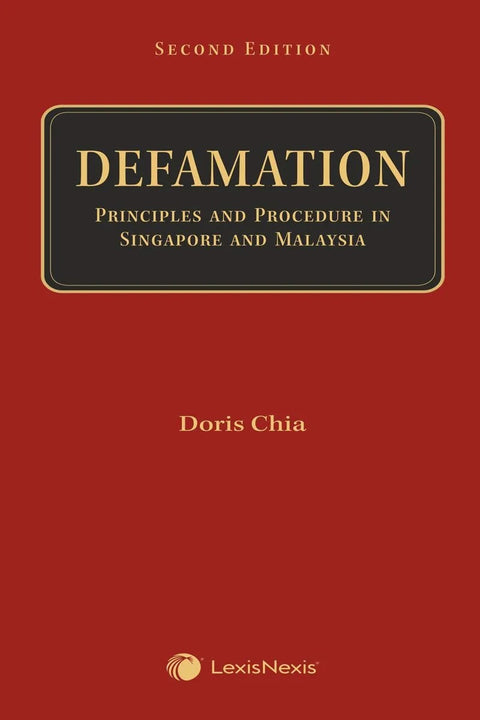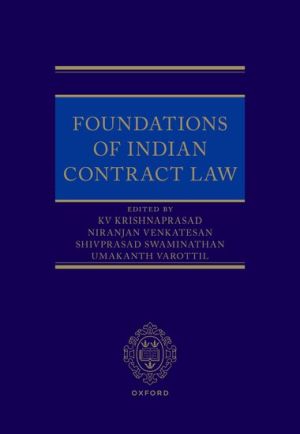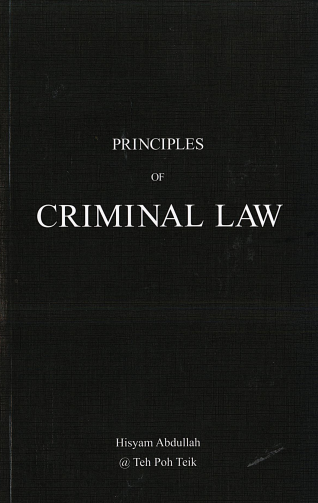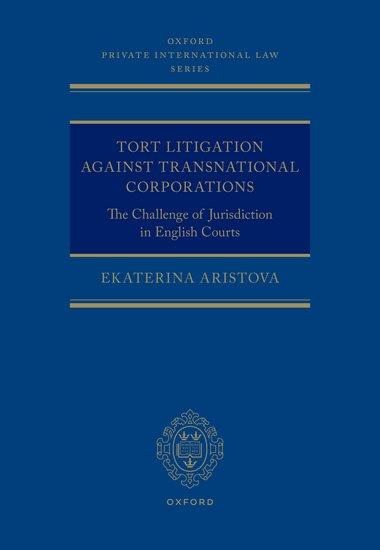




Kanun Tatacara Jenayah (Akta 593) (Hingga 15hb Ogos 2023)
Kanun Tatacara Jenayah (Akta 593)
(Hingga 15hb Ogos 2023)
Detailed Contents Of Kanun Tatacara Jenayah (Akta 593) :
The Kanun Tatacara Jenayah, also known as the Criminal Procedure Code (CPC), is a statute in Malaysia that outlines the procedures for the investigation, prosecution, and trial of criminal offenses. The law applies to all criminal cases in Malaysia, and its provisions dictate how criminal cases are handled in court.
The CPC was first enacted in 1973 and has since been amended several times. The following is a detailed overview of the CPC's key provisions and procedures:
- Investigation
The investigation stage of a criminal case is initiated by a police report or a complaint by a victim. The police will then conduct an investigation into the alleged crime, which includes gathering evidence, taking statements from witnesses, and conducting forensic examinations.
- Arrest
Once the investigation is complete, the police may arrest the suspect if they have sufficient evidence to establish that a crime has been committed and that the suspect is the perpetrator. The suspect must be informed of the reasons for their arrest and their rights under the law.
- Remand
After the arrest, the suspect may be remanded in police custody or sent to a remand center for a specified period. The court may order the remand to allow the police more time to investigate the case or to prevent the suspect from tampering with evidence or fleeing.
- Bail
If the suspect is remanded, they may apply for bail to be released from custody pending trial. The court will consider factors such as the nature of the offense, the likelihood of the suspect fleeing, and the risk of the suspect interfering with witnesses or evidence when deciding whether to grant bail.
- Charge
Once the investigation is complete, and the police have gathered sufficient evidence, the suspect will be charged in court. The charges will be read out to the suspect, who will then be given an opportunity to plead guilty or not guilty.
- Trial
If the suspect pleads not guilty, a trial will be conducted to determine whether the suspect is guilty of the crime. The trial will be presided over by a judge, and evidence will be presented by both the prosecution and defense.
- Sentencing
If the suspect is found guilty, the court will determine an appropriate sentence. The sentence may include imprisonment, fines, community service, or other penalties.
- Appeals
If either the prosecution or the defense is dissatisfied with the verdict or sentence, they may appeal to a higher court.
The CPC provides for several other procedures and safeguards to protect the rights of suspects and ensure fair trials, including the right to legal representation, the right to be presumed innocent until proven guilty, and the right to a speedy trial.
In conclusion, the Kanun Tatacara Jenayah is a crucial statute that governs the criminal justice system in Malaysia. It provides a framework for the investigation, prosecution, and trial of criminal cases and seeks to ensure that justice is served fairly and impartially.
Kanun Tatacara Jenayah (Akta 593) Mengandungi:
-Kanun Tatacara Jenayah (Akta 593)
-Kaedah-Kaedah Tatacara Jenayah (Kadar Bayaran Kepada Saksi)

Latest releases
Get your copy today!
































